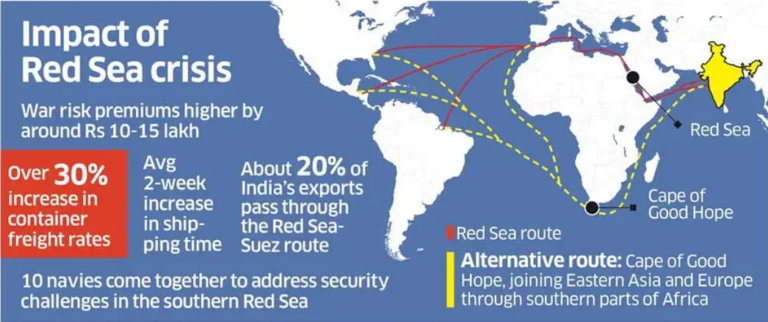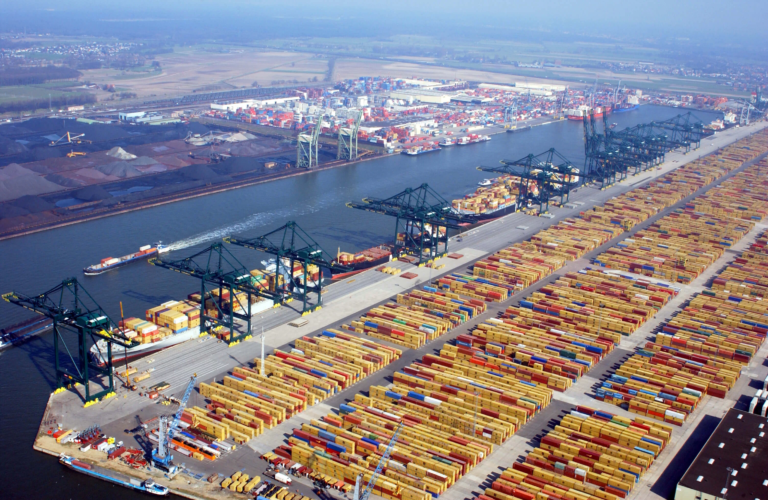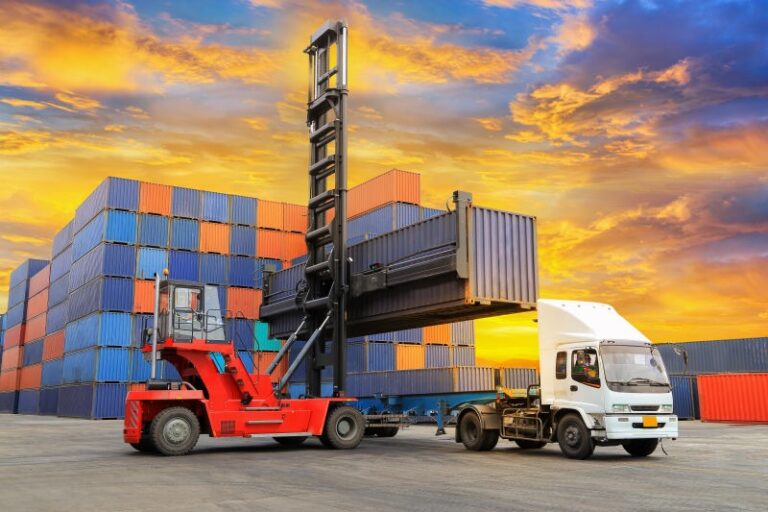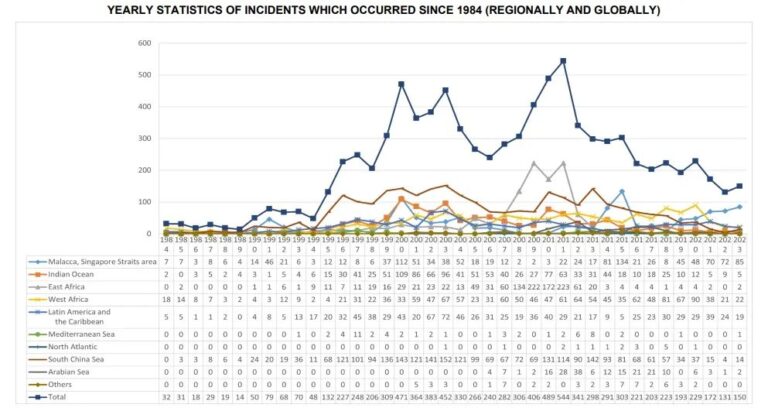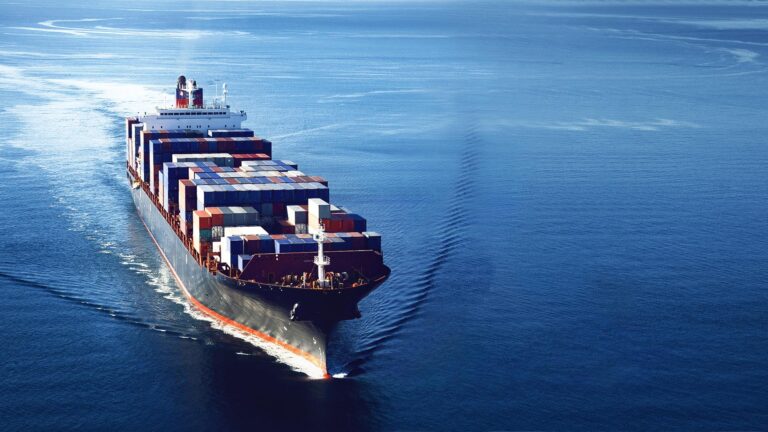HMM has stopped accepting this type of lithium battery
Due to the recent surge in container fires, HMM (Hyundai Merchant Marine) has announced that it will stop carrying lithium-ion batteries produced by its compatriot manufacturer Aricell. The company also stated that it has no direct connection with the container explosion and fire incident involving the ‘YM Mobility,’ a vessel under Yang Ming, at Ningbo Port.
HMM (Hyundai Merchant Marine) has announced that it will stop transporting lithium-ion batteries produced by its compatriot manufacturer Aricell, including those embedded in or packaged with electronic devices. This decision follows a severe fire at Aricell’s factory in June this year and is part of strengthened safety measures for the transportation of hazardous materials on ships. In a notice issued to customers, HMM explicitly stated that only new lithium batteries would be accepted, and these batteries must be stored in refrigerated containers with enclosed ventilation, placed solely on the ship’s deck. The company also emphasized that it will not carry any used, discarded, or defective batteries.
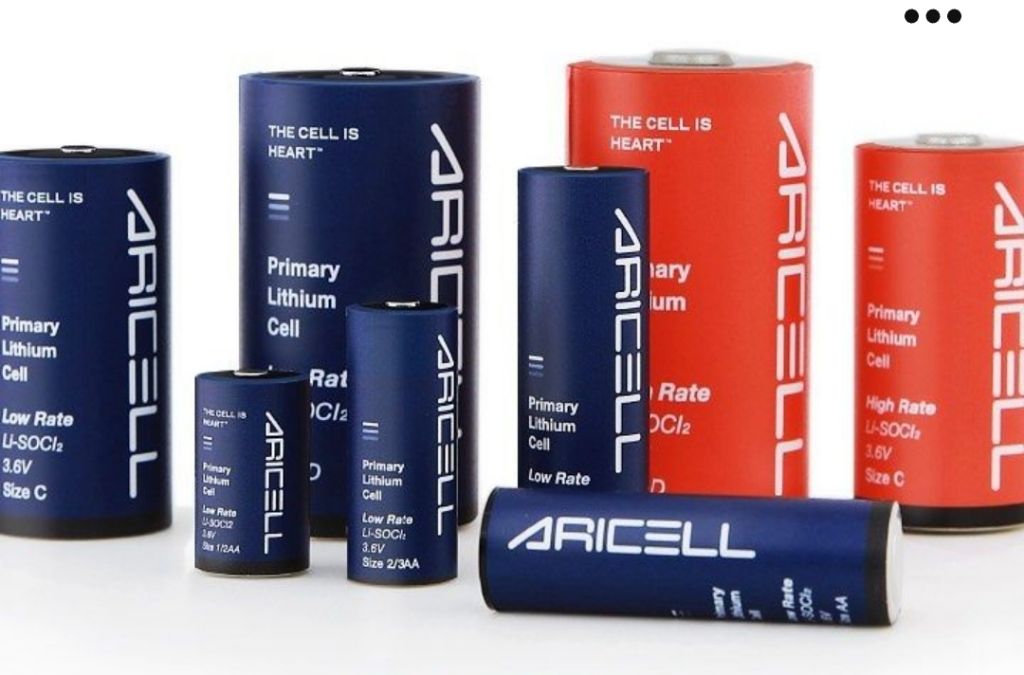
Recently, there has been media speculation linking this ban to the explosion of a container on the “YM Mobility” vessel at Ningbo Port two weeks ago, where some of the damaged containers were reportedly booked by HMM. However, an HMM spokesperson clarified that the decision to reject Aricell batteries directly stems from the tragic consequences of the fire at the manufacturer’s factory and has no direct connection to the “YM Mobility” incident. The fire at the Aricell factory in June led to the unfortunate deaths of 23 employees, sparking widespread public concern over lithium battery safety.
It’s noteworthy that despite recent container ship fires, some of which have been attributed to cargo issues, other major liner operators have not yet adjusted their policies regarding lithium battery transportation. A spokesperson for Hapag-Lloyd, for instance, stated that since the root cause of the “YM Mobility” explosion has not been definitively identified, and there is no direct evidence pointing to lithium batteries as the culprit, the company sees no need to change its lithium battery transportation policies at this time.
According to a report by The Korea Times on August 19, HMM, South Korea’s largest container shipping company, is currently facing a difficult decision on whether to continue transporting electric vehicles (EVs) and the lithium batteries they contain, primarily due to safety concerns. Recently, several Korean car ferry companies have refused to transport EVs to reduce the risk of fire. Consequently, the industry is closely watching to see if HMM will add EVs to its list of prohibited items.
Last year, HMM revised its shipping policies, allowing vehicles and equipment with batteries manufactured by five Japanese battery makers—Panasonic, Blue Energy, Maxell, Fuji Electric, and Toshiba—to be transported, whereas previously only batteries from Korean manufacturers like LG, SK, and Samsung were permitted. At that time, HMM also decided to allow vehicles equipped with batteries to be transported in dry containers rather than the refrigerated containers typically used for temperature-controlled goods. However, a spokesperson indicated that the transportation of lithium-ion batteries is still restricted to refrigerated containers.

Following the fire at Aricell’s battery factory in Hwaseong, Gyeonggi Province, in June, which resulted in the deaths of 23 workers, HMM has imposed a complete ban on transporting lithium metal batteries produced by Aricell. Additionally, foreign media reported that the explosion of a container on Yang Ming’s “YM Mobility” vessel on August 9 was linked to batteries in an HMM container, although HMM denied having loaded the related batteries. In response, HMM informed its customers on August 12 that it is closely monitoring the situation and coordinating with relevant parties to minimize potential impacts on operations.
Meanwhile, Korean government departments have also tightened safety regulations for the maritime transportation of electric vehicles. The Ministry of Oceans and Fisheries has recommended that the state of charge (SoC) of electric vehicles not exceed 50% during sea transport to mitigate potential risks. The Ministry of Environment has also required shipowners to limit shipments of electric vehicles with a history of accidents.
Recently, a Mercedes-Benz electric car caught fire in a parking lot of an apartment complex in Incheon, triggering a chain reaction that caused significant damage, further exacerbating concerns in the industry about the safety of transporting electric vehicles. Some shipowners have already begun unconditionally refusing to ship any electric vehicles. Against this backdrop, H Ferry Company, which operates a car ferry service between Uljin County in North Gyeongsang Province and Ulleung Island, announced that it will temporarily suspend EV transport services starting September 1 until fire-fighting equipment is adequately installed to address the fire risks posed by EVs. HMM has also stated in its notice that it will suspend EV shipments until the necessary safety conditions are met.
